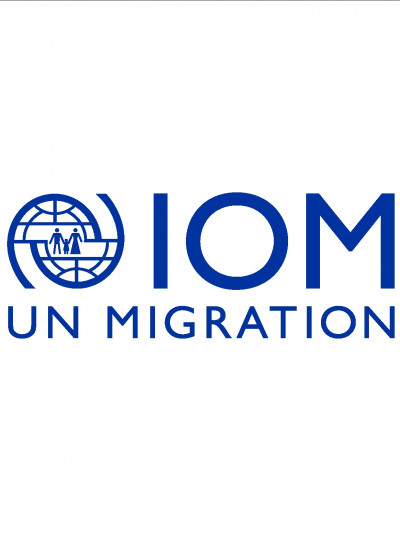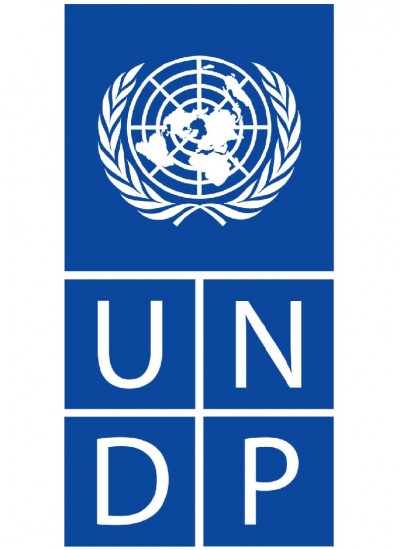Tunisia faces a youth unemployment rate as high as an estimated 40.8%, compared to a national average of 17.4%. High levels of unemployment and stagnant economic growth have contributed to internal instability and are strong driving factors towards regular and irregular migration. In 2018, Tunisia became the main country of origin for migrants irregularly crossing the central Mediterranean route to Italy. The Programme therefore focuses on the priority sector: employment.
To provide young Tunisians with skills training and enhanced employability, the Programme supports young Tunisians for short-term traineeships with companies. Through pre-departure orientation, counselling and awareness raising, young Tunisians will be better equipped to benefit from these traineeships and find gainful employment. Private sector companies will have access to a better skilled and more experienced workforce, while the government will improve practices for similar projects on youth mobility and private sector engagement.

Tunisia has a Young Professionals Agreement (YPA) between Switzerland and Tunisia and ongoing initiatives with the SwissContact Perspectives programme, which mobilizes the Tunisian diaspora and stimulates migration of Tunisian young professionals to Switzerland. There was also an earlier skills mobility partnership between Tunisia and Belgium, which resulted in all participants finding employment or continuing their studies after their internship.
The Programme also engages the diaspora and private sector. By building relationships with the diaspora and private sector, the government will sustainably engage both actors to support employment and sustainable development in Tunisia broadly. For example, the Programme’s mapping of private sector companies will identify potential employers of interns, while these businesses will access a network of private sector actors across Europe and in Tunisia to identify business opportunities, share knowledge, identify workers and more. Mapping the Tunisian diaspora will identify diaspora members able to support trainees once abroad, while also feeding into the creation of a National Council of Tunisians Living Abroad.
The Programme also delivers targeted capacity development, through which local and national governments will be able to better coordinate on, design, implement and monitor policies integrated with migration considerations. Similarly, the Programme pilots two vertical coordination mechanisms on youth-related services, supporting two pilot cities, Sfax and Mahdia, to coordinate with other levels of government on youth employment, education, vocational training, culture, sports and more. Finally, the Programme provides technical assistance to include migration considerations into national policies, such as the National Strategy on Employment, including training on migration data and monitoring and evaluation frameworks.
Tunisia’s innovative projects and experiences on migration and sustainable development are also showcased in regional and global fora, as well as within the Programme’s global knowledge exchange activities. The Programme feeds these experiences into regional dialogues on migration, such as the Rabat Process, Khartoum Process or the Arab Regional Consultative Process, as well as global dialogues such as the Global Forum on Migration and Development. Tunisia also contributes to and learns from the Programme’s internal capacity building webinars and dialogues, such as our Global Webinar on Diaspora Mapping and Engagement.
For more information, contact:
- Alaeddine Drididi, IOM Tunisia, adridi@iom.int
- Selma Cheikh Malainine, UNDP Tunisia, selma.cheikh.malainine@undp.org

